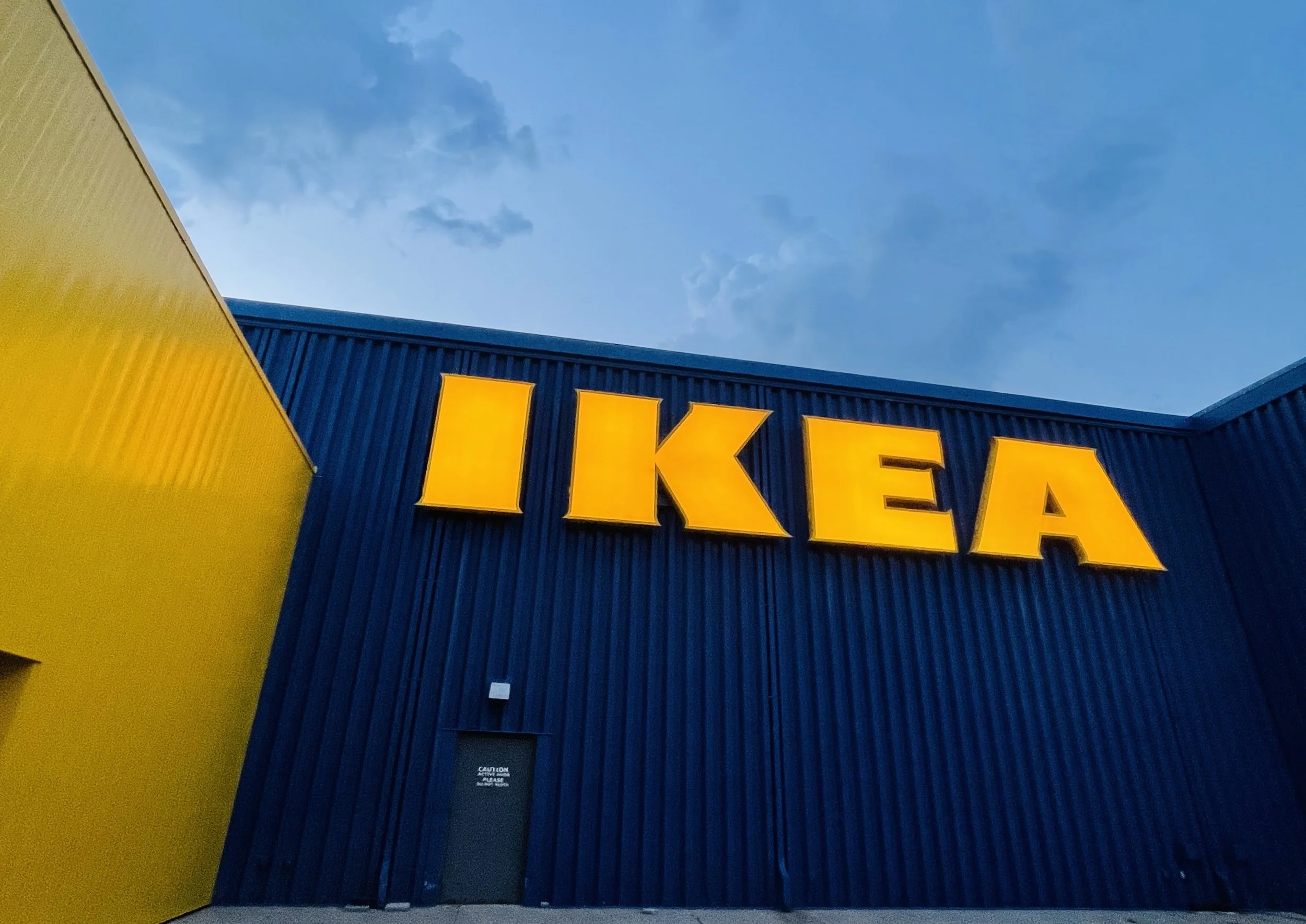As online sales boom, the fear of missing out is real for those businesses that have yet to embrace this technology. Whether a small, medium or large business Ecommerce is a must-have income stream to keep and grow your customer base, especially in today’s pandemic environment.
In 2000 Adore Beauty out of Melbourne started small and today is a multi-million dollar cosmetics and fashion accessory business powered by online sales and facilitated by Warehouse Advantage warehouse management system software. Over time, a manual warehouse operation simply cannot handle the order volume that comes from online sales and the need to dispatch product cost-effectively for last mile delivery.
In the case of Adore Beauty, using system directed workflows and sustainable practices such as Cartonization, pick accuracy and throughput increased with waste (and cost!) from packaging also minimized.
Additionally, with carrier arrangements now automated, the most cost-effective, fast and environmentally sustainable delivery outcome is now available improving customer satisfaction while also looking after the environment.
These are just a few of the benefits of Warehouse Advantage as our customers seek to optimize and gain the rewards from their eCom operations. Like them, we’ll be happy to ensure you don’t miss out too.
Read on





















